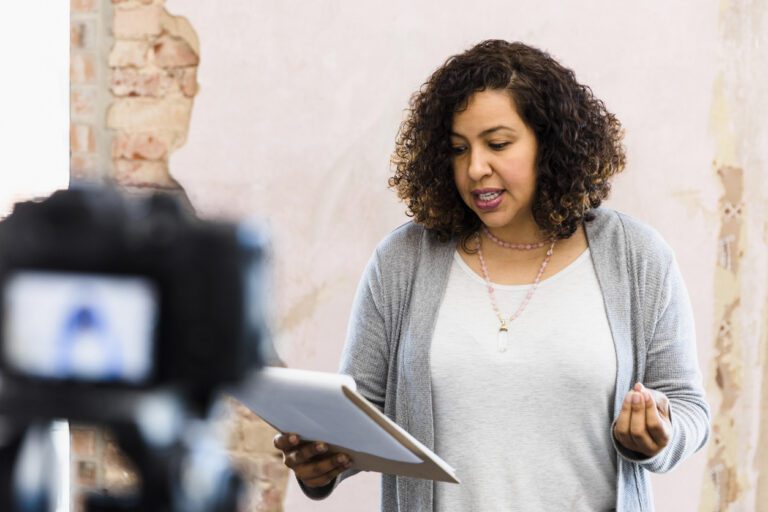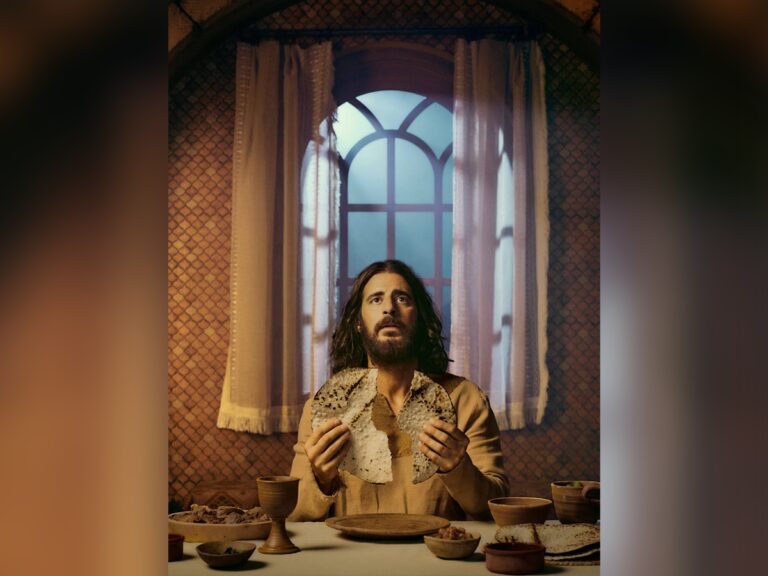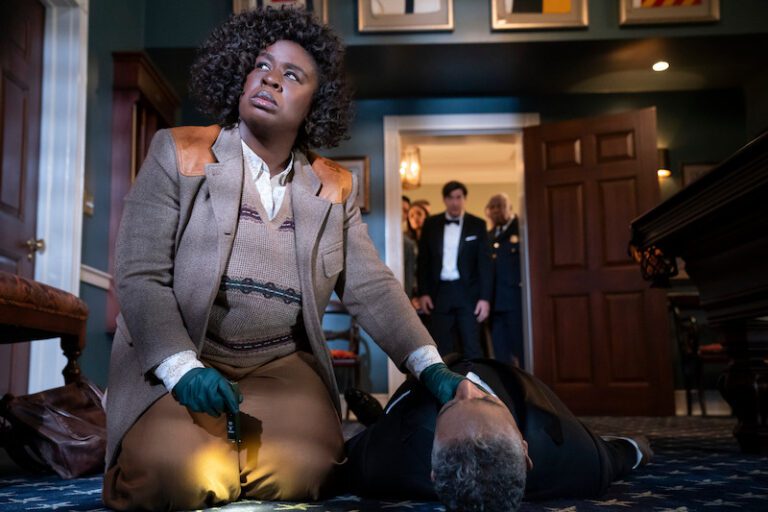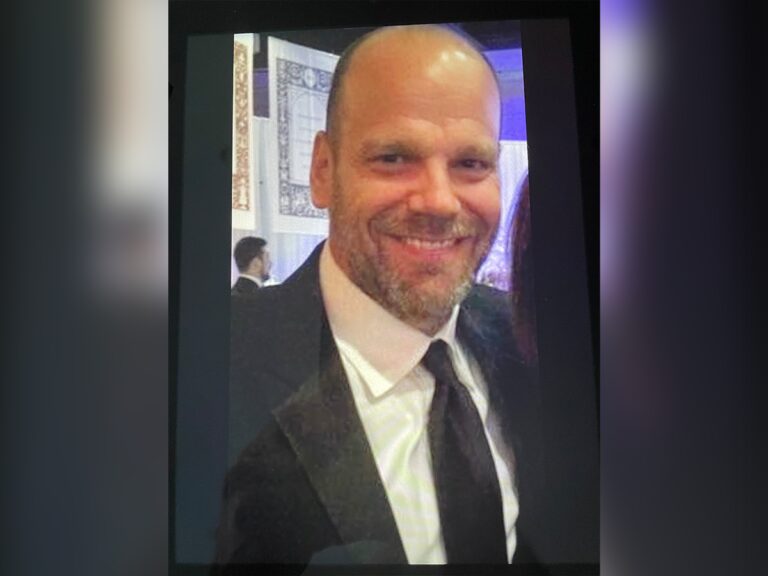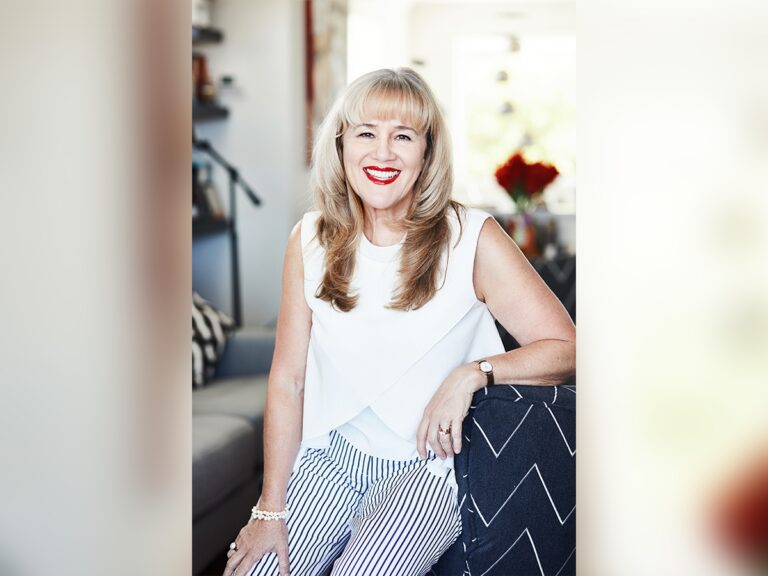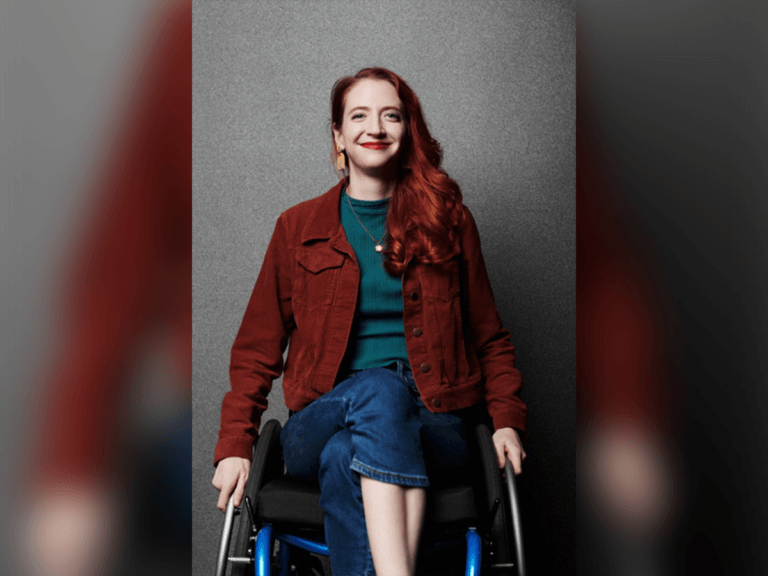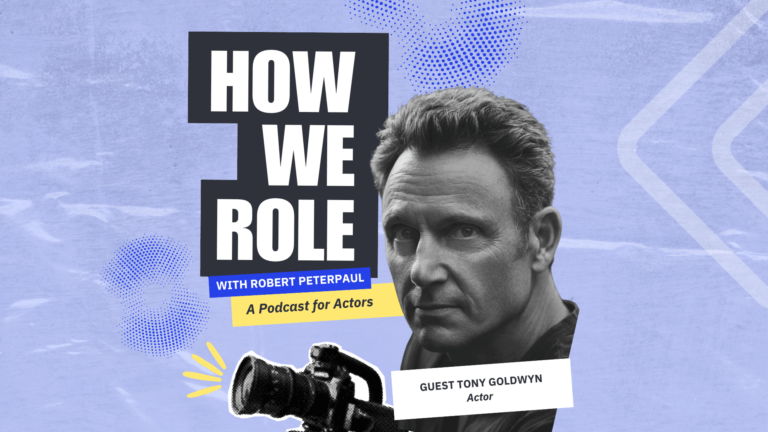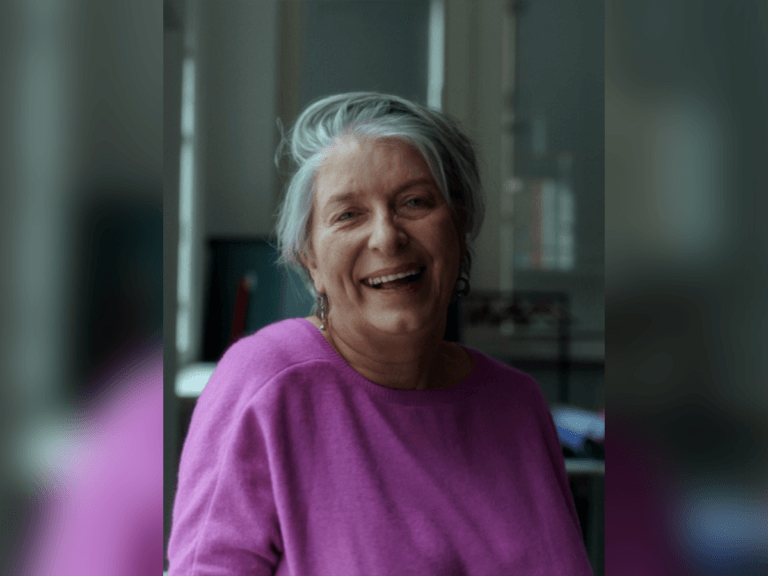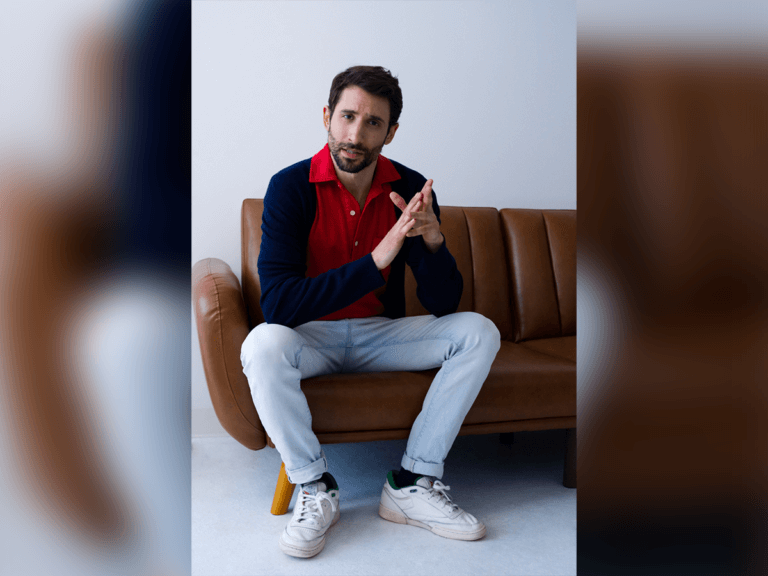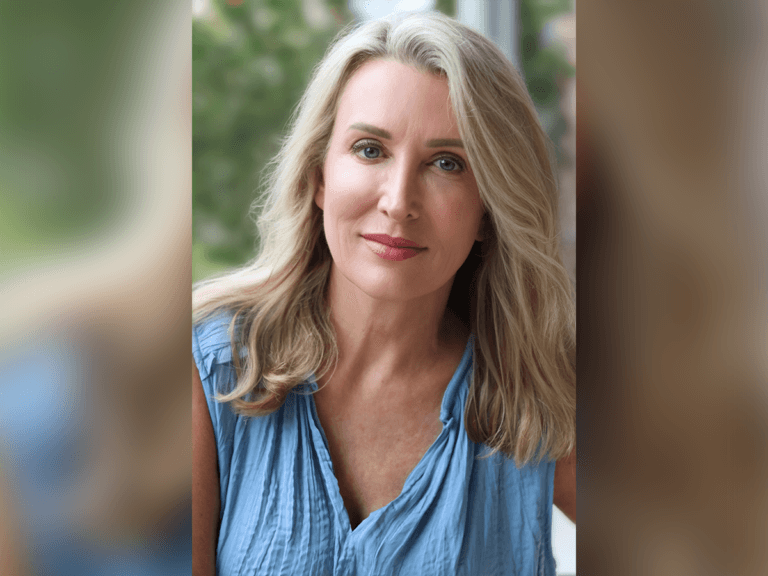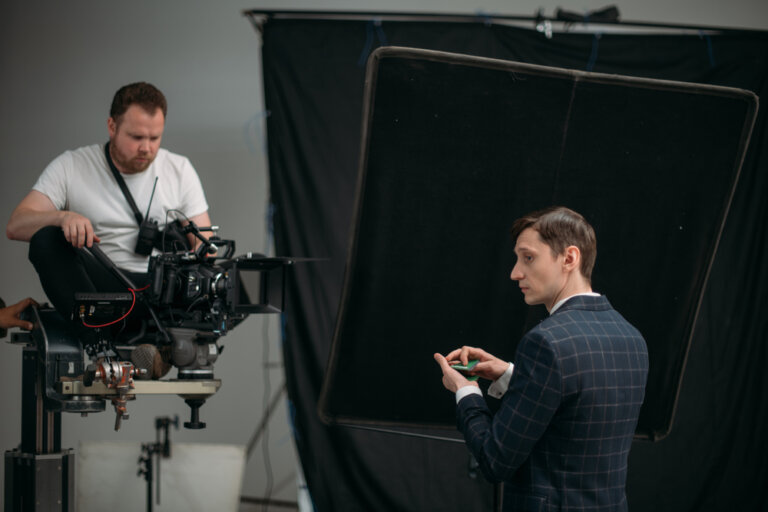Some casting directors stick with what they know. Maybe they only do comedy or drama. Or maybe they focus on something specific. Then there’s Liz Dean, who is one of the most versatile casting directors in Hollywood. Comedy, drama or sci-fi, she does it all; sometimes even all at once.
While Dean has been known to cast films here and there, she specializes in TV and has cast such hit series as Nip/Tuck, Designated Survivor, Star Trek: Picard, Good Girls and The Good Doctor. Her latest show is NBC’s Grosse Pointe Garden Society, which airs on Sunday nights and is also available on Peacock. She spoke to us from her home office in Los Angeles.
Insights: Lessons from Liz Dean
- Utilize your unique experiences and skills in auditions to make a memorable impression.
- Approach auditions with the understanding that casting directors are on your side and want you to do well.
- Trust your interpretation of the character and avoid overthinking or changing your approach based on others.
Thinking about joining Casting Networks? Sign up for a free trial today!
How did you get into casting in the first place?
I was an actor. I’m from Los Angeles. I grew up in Pacific Palisades. It was an idyllic place to grow up, and I did a lot of theater in Santa Monica.
From when I was 12, I was doing a young professionals company at the Santa Monica Playhouse. It’s where I met all my best friends. I traveled around the country in different schools doing plays. It was just a very natural thing. I loved it. It’s what I studied in high school. It’s what I went to college for, but it had always been very theater-focused.
When I graduated from college, I lived in Seattle for about a year. I was part of a sketch comedy group, and I really loved comedy and improvising. When I moved back, I did the Groundlings. I was going on auditions, and I just was not feeling it. It was a strange thing, just the business side of acting. The things that I loved, I either grew out of or it just wasn’t meeting me in that place of utter joy anymore.
That seems to happen a lot with casting directors who were actors. A moment comes when you realize you don’t want to do it anymore.
By that point, I had met so many casting directors that I decided to try it.
I was going through a breakup. I moved out of my then-boyfriend’s house and I was starting over. It completely coincided with when my parents were getting a divorce, because they divorced when I was an adult. I was living on my friend’s couch and just decided, “I’m starting over.”
I interned for Suzanne Goddard-Smythe and Sheila Guthrie and I loved it. I was then offered a job with Stacey Rosen, who passed away last year. She offered me my first paying job doing the Beach Boys miniseries. I went on to work with her for a few years and I just never stopped loving it. Then I landed with Ulrich/Dawson/Kritzer, and that’s where I started doing my shows.
I partnered with all of them, but doing Nip/Tuck with Eric Dawson led to me getting Everwood and Jack and Bobby and those. I went from being an associate to being a casting director on three shows, and I thought, “Oh, this is the greatest.” That was 22 years ago.
It sounds like the universe, or something like it was telling you something.
It was the universe and whatever it was inside of me as well. I was an active participant in the breakup with my boyfriend at the time. Honestly, I was looking at my parents, who had been married almost 30 years and I saw that you can always decide to be happy. You are always in a position where you can look at your life and say, “Oh, not only is it not working for me, but this is actively hurting myself, my partner and my children, and this is no longer the right path for me,” which is what I did in my own life. Then it was about, “Okay, well, what am I going to do about it then?”
Casting people are lovely. Who goes into this job if you are not a lovely person? Because it’s not like we get amazing money. We certainly don’t get perks. We don’t get recognition. It’s not the job that you go to like, “Yes, I’m going to become a casting director and everyone will fall at my feet.” (Laughs) It is not that at all. In some ways, we’re the plumbers of the entertainment industry. We’re the problem solvers. We are the people who say, “You know what you need? You need this, and I’m going to help you get there. Oh, you don’t have that part? I’m going to get you that part.”
I’m curious about the decision to focus on TV, or was it happenstance?
The piece that I love is the world-building. Especially with someone like Jenna Bans. Grosse Pointe Garden Society is my fourth project with her and my fourth project with Bill Krebs — my third project with him as an executive producer. Jen and Bill are just so fantastic and the greatest to work with.
[I love] the world-building that I do when you have [Good Girls’] Christina Hendricks, Retta and Mae Whitman, which was a dream to put together. When you look at the guest stars, for example, Julian Gant, who played JT, was a guest star. You hear the story all the time, I’m sure. He was just going to be a guest star, and it ended up that they brought him back so many times because we just loved him.
That is a casting director’s joy because you always hope with every role that the producers and director are going to love them so much that they just want to keep bringing them back. That means you’ve not only done your job well, but you’ve seen something that maybe somebody else didn’t see. I take a lot of pride in that. I love doing films, but TV works for my personality. I love the dopamine hit of getting a new script every eight days or whatever it is, and it’s like, “Oh, what am I in for this time?”
If you think of yourself as a plumber, every week there’s a new leaky faucet to fix.
For sure. Everybody has a problem that needs fixing. Every script and every role is an opportunity for a casting director to express their vision with the actors they audition and advocate for. I think too many times we reduce our jobs to “plugging in” or “filling a gap” but there’s so much more to it than that.
You talked before about how much you love casting, how you fell in love with it and that you still love it. What was it that spoke to you about casting that 22 years later, you still are as in love with it now as you ever were?
I would say there’s the feeling of getting a script. It’s like a puzzle waiting to be unwrapped and figuring out who I am going to be responsible for. It’s just the creative process of letting my imagination go.
I’m still very analog. I still put pen to paper and write ideas as they’re coming to me, and I will take a picture of that and then email it to my associate to check on these people for this before I even release a casting call. It’s like letting my mind have that time and space to think, “Who would this be?”
There was this moment when I was casting Good Girls, The Good Doctor and Star Trek: Picard at the same time. That was like speaking three different languages because the shows were so different. Every part of my brain was firing and I loved it.
I am kind of compelled to try and find solutions to things. It’s hard to turn that part of my brain off, but I’m kind of addicted to making sure this is great for my producers and for the actor. [I want to know that] this is going to be a great experience for everybody involved.
That seems like a nice segue into my final question. What piece of advice or wisdom would you give to someone coming in to audition for you?
You are enough. You know your worth, and you know that the reason you are getting this audition — the reason you are being given this opportunity — is because you deserve it. You are ready for it. Taking that information, prepare as you would as someone worthy of this job, knowing that you already have all the elements.
Casting directors are not looking to trick you. We’re not looking for you to mess up so we can say, “Oh, good. It’s not them.” This has been said so many times. For anyone who hasn’t heard casting directors, all we want is for you to get the role. It makes our life easier, and we are your cheerleaders. We want this for you, so don’t second guess yourself.
Back when we were all in the room and actors would be in the waiting room, they would hear someone do a scene angry and think, “Oh, I was doing it sad,” and psych themselves out. Don’t psych yourself out. I, Liz Dean, want to see how you do it and that’s it. Just show me what you would do with this role. I want to see that. I just want to see you do great work. It doesn’t need to be anything more complex than that.
You may also like:
